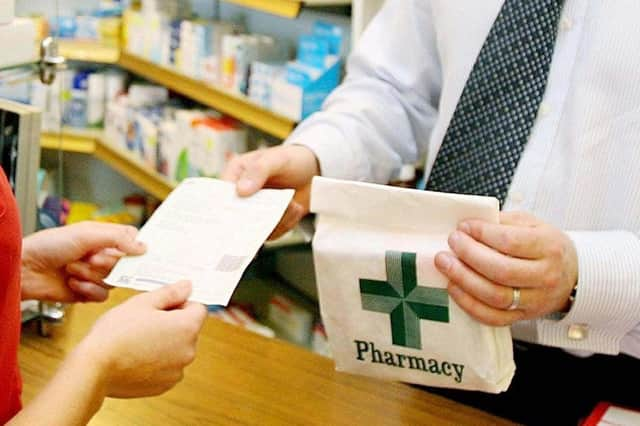Rise of people getting medical help for alcohol addiction in west Lincolnshire


Addiction experts say the increase is expected given a rise in alcohol-related hospital admissions in the East Midlands, although the rest of the country has seen fewer of the drugs prescribed.
New NHS Prescription Services statistics reveal that NHS Lincolnshire West CCG dispensed 284 prescriptions for the two main alcohol dependence drugs, acamprosate calcium and disulfiram, in 2018.
Advertisement
Hide AdAdvertisement
Hide AdIt was 11 per cent more than during the previous year, in line with the rising number of admissions to hospital for alcohol-related diagnoses at both a regional and national level.
Most prescriptions in west Lincolnshire were for acamprosate calcium, used to help prevent a relapse in people who have successfully achieved abstinence from alcohol.
In west Lincolnshire, the remaining 31 per cent were for disulfiram, used by those trying to achieve abstinence but who are worried they might relapse.
More prescriptions were dispensed in west Lincolnshire, and the number of alcohol-related hospital admissions in the East Midlands rose to almost 110,000 in 2018-19, eight per cent up on the year before.
Advertisement
Hide AdAdvertisement
Hide AdNuno Albuquerque, group treatment lead at addiction treatment specialists UKAT, said that with high rates of hospitalisation due to alcohol, he would expect to see higher prescribing rates for the drugs across the country.
It is “both confusing and worrying” that prescriptions had reduced by 13 per cent in just three years across England, he added.
He said: “What could be happening is that more and more people are turning to self-help approaches because they're having difficulty in booking an appointment with their GP in the first place.
“Someone in active addiction who has their 'moment of clarity' and decides to ask for help in that moment will require an urgent appointment to get the prescribed drugs which they potentially will need.
“If this isn't possible, because of lengthy waiting times or lack of same-day appointment slots, the addict could try to go 'cold turkey' without the medical and professional support they need.”